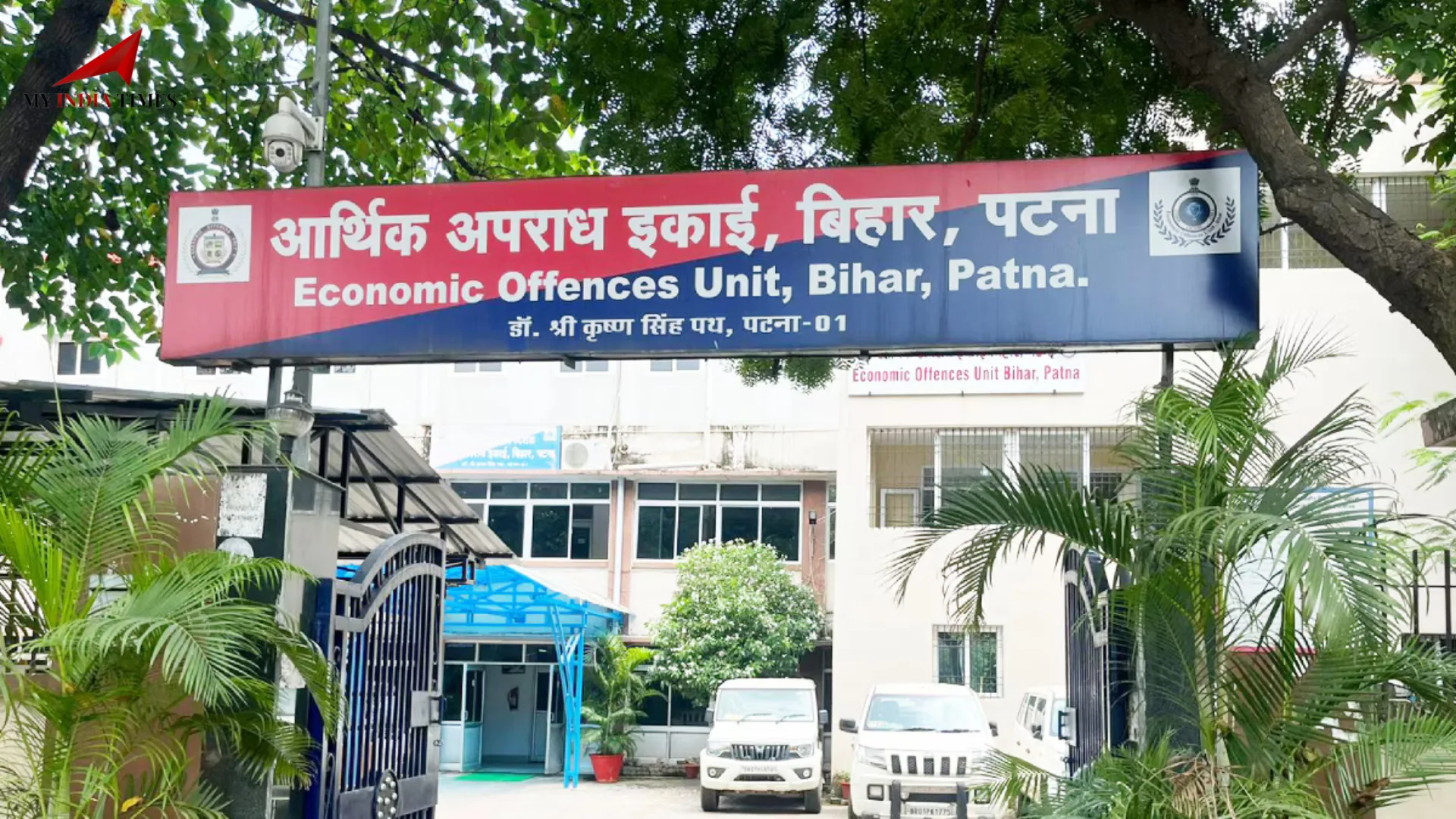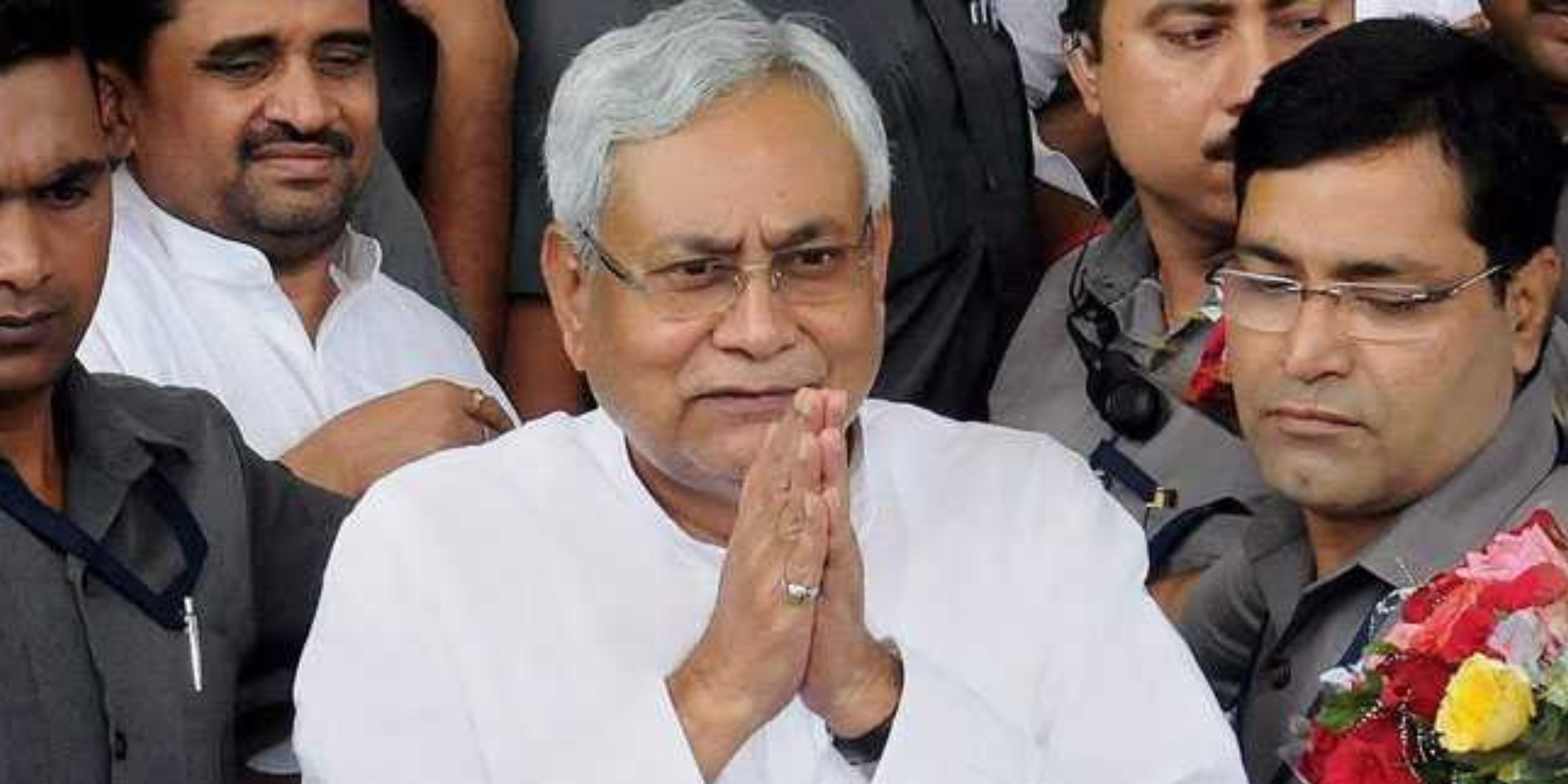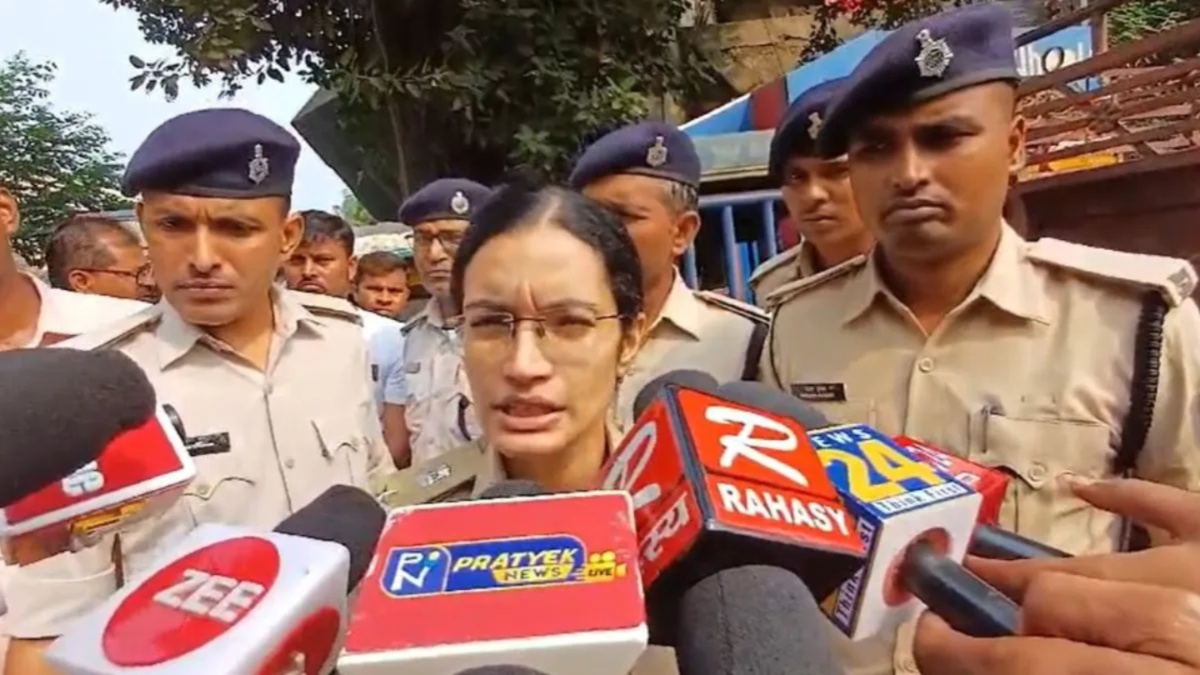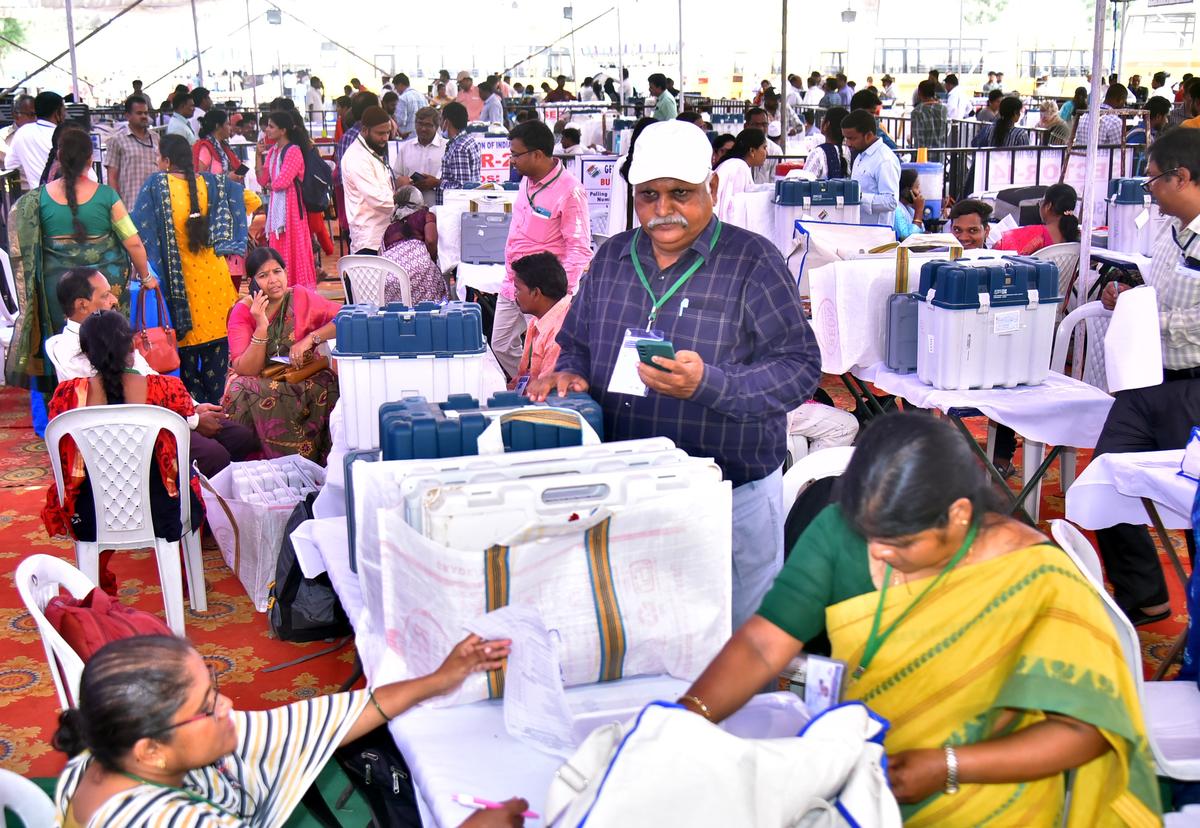Home / bihar / Prime Minister Jan Aushadhi Kendras Under Review: Concerns Over Medicine Quality Elevated
Prime Minister Jan Aushadhi Kendras Under Review: Concerns Over Medicine Quality Elevated
By: My India Times
5 minutes read 44Updated At: 2025-01-18

Bihar News: The Prime Minister Jan Aushadhi Kendras, a government initiative designed to provide accessible generic medications to the public, is currently facing significant scrutiny due to alarming reports regarding the distribution of substandard pharmaceuticals. A confidential inspection report from the District Drug Inspector, dated November 16, has uncovered that several medications supplied to these centers do not adhere to the quality standards set forth by the Drugs and Cosmetics Act. The implications of these findings have generated widespread public concern and have been escalated to the highest levels of government, including the offices of the Prime Minister and the Home Minister, which raises serious questions about the safety and effectiveness of the medications available at these facilities.
This issue was initially brought to light during an investigation in the eastern region of Bihar, where notable discrepancies in drug quality at Jan Aushadhi Kendras were identified. Among the violations reported, multiple medications were found to contravene regulatory guidelines established by the Drugs and Cosmetics Act. The inspection report was referred to numerous relevant authorities, including the District Assistant Drug Controller, Civil Surgeon, and the Ministry of Health, along with the Prime Minister and Home Minister's offices. This situation has exacerbated public anxiety, particularly among individuals who depend on these centers for cost-effective healthcare solutions.
Substandard Pharmaceuticals Identified at Jan Aushadhi Kendras
The investigation revealed several concerning incidents involving substandard medications. One critical finding pertained to the Vitamin B-Complex with Vitamin C soft gels (Medicine Code 665). The report indicated that these soft gels contained an insufficient level of Vitamin B-12, which fell below the mandated minimum requirement. Regulatory guidelines stipulate that Vitamin B-12 content should exceed 5 micrograms; however, these capsules barely reached the minimum threshold. Additionally, the Folic Acid content in this formulation was found to be lacking, as the required minimum of 1000 micrograms was not met, thus raising significant doubts regarding the overall efficacy of the product.
Another medication examined was a multi-vitamin and multi-mineral capsule enriched with Ginseng (Medicine Code 580). The inspection reported that this product was neither classified as therapeutic nor prophylactic, thereby violating the regulatory guidelines applicable to such drugs. Concerns were also noted regarding a combination of Carbonyl Iron, Zinc Sulfate, and Folic Acid Capsules (Medicine Code 1223), wherein the Folic Acid content was determined to be below the required 1000 micrograms.
The report also flagged discrepancies in Calcium Carbonate, Vitamin D3, Methylcobalamin, L-Methyl Folate Calcium, and Pyridoxal-5-Phosphate Tablets (Medicine Code 2297), which are typically prescribed for patients with severe deficiencies. These tablets were found to contain ingredients in amounts that exceeded the recommended dosage, yet the packaging failed to mention these elevated levels, violating safety regulations.
Other flagged products included soft gelatin capsules (Medicine Code 2054) containing Cobalamin, Alpha Lipoic Acid, Inositol, Folic Acid, Chromium Picolinate, Selenium, and Benfotiamine, which were found to contain quantities of these ingredients that were below the clinically necessary levels.
Call for Professional Oversight and Immediate Action
In light of these findings, local officials have called for a significant overhaul in the management of Jan Aushadhi Kendras. The investigation has led to a recommendation that the centers should only be operated by licensed pharmacists. The report suggests that these pharmacies must ensure proper oversight due to the complexity of distributing medicines based on composition rather than branded names. Without a pharmacist present to supervise the process, there is a higher likelihood of errors in dispensing and inventory management, which could ultimately compromise public health.
The lack of qualified personnel in many of these centers has raised serious concerns about the overall safety of the Jan Aushadhi program. The report highlights that many of the centers, in violation of regulations, are currently being run without trained pharmacists, which undermines the effectiveness of the initiative.
Public Outrage and Growing Concerns
The revelations have sparked widespread public concern, particularly in regions like Bihar, where many low-income individuals rely on the Jan Aushadhi Kendras for affordable and life-saving medications. Rajendra Kumar, a concerned local resident, expressed his frustration, stating, “The Jan Aushadhi initiative was supposed to provide a lifeline for people who couldn’t afford expensive medicines. But if these medicines aren’t safe, then what was the point of the program in the first place?”
As news of the irregularities spreads, people are demanding urgent action from both state and central governments. Many are calling for a complete overhaul of the monitoring system at these centers, urging for stricter checks and more robust regulatory mechanisms. Public health experts have also joined the chorus of concern, stressing the importance of ensuring the safety and effectiveness of medications dispensed at these centers, which have become a cornerstone of affordable healthcare for millions.
Government's Response and Next Steps
The matter has now reached the highest levels of government. The Health Ministry has assured the public that it is closely monitoring the situation and is taking steps to address the issues raised in the report. Officials from the Ministry have promised that investigations will be conducted across all Jan Aushadhi Kendras, with particular focus on ensuring that medicines meet the prescribed standards of quality.
Additionally, the Ministry of Health and Family Welfare has indicated that it will review the regulatory framework surrounding the program and ensure that any lapses are swiftly addressed. The government is also considering implementing a more stringent monitoring system to prevent such discrepancies from recurring.
A statement from a senior official at the Ministry of Health read, “We are fully committed to providing safe and affordable medicines through the Jan Aushadhi scheme. The concerns raised in the report are being taken seriously, and necessary steps will be taken to rectify the situation. Our goal is to ensure that such issues are never repeated.
....Bihar News: The Prime Minister Jan Aushadhi Kendras, a government initiative designed to provide accessible generic medications to the public, is currently facing significant scrutiny due to alarming reports regarding the distribution of substandard pharmaceuticals. A confidential inspection report from the District Drug Inspector, dated November 16, has uncovered that several medications supplied to these centers do not adhere to the quality standards set forth by the Drugs and Cosmetics Act. The implications of these findings have generated widespread public concern and have been escalated to the highest levels of government, including the offices of the Prime Minister and the Home Minister, which raises serious questions about the safety and effectiveness of the medications available at these facilities.
This issue was initially brought to light during an investigation in the eastern region of Bihar, where notable discrepancies in drug quality at Jan Aushadhi Kendras were identified. Among the violations reported, multiple medications were found to contravene regulatory guidelines established by the Drugs and Cosmetics Act. The inspection report was referred to numerous relevant authorities, including the District Assistant Drug Controller, Civil Surgeon, and the Ministry of Health, along with the Prime Minister and Home Minister's offices. This situation has exacerbated public anxiety, particularly among individuals who depend on these centers for cost-effective healthcare solutions.
Substandard Pharmaceuticals Identified at Jan Aushadhi Kendras
The investigation revealed several concerning incidents involving substandard medications. One critical finding pertained to the Vitamin B-Complex with Vitamin C soft gels (Medicine Code 665). The report indicated that these soft gels contained an insufficient level of Vitamin B-12, which fell below the mandated minimum requirement. Regulatory guidelines stipulate that Vitamin B-12 content should exceed 5 micrograms; however, these capsules barely reached the minimum threshold. Additionally, the Folic Acid content in this formulation was found to be lacking, as the required minimum of 1000 micrograms was not met, thus raising significant doubts regarding the overall efficacy of the product.
Another medication examined was a multi-vitamin and multi-mineral capsule enriched with Ginseng (Medicine Code 580). The inspection reported that this product was neither classified as therapeutic nor prophylactic, thereby violating the regulatory guidelines applicable to such drugs. Concerns were also noted regarding a combination of Carbonyl Iron, Zinc Sulfate, and Folic Acid Capsules (Medicine Code 1223), wherein the Folic Acid content was determined to be below the required 1000 micrograms.
The report also flagged discrepancies in Calcium Carbonate, Vitamin D3, Methylcobalamin, L-Methyl Folate Calcium, and Pyridoxal-5-Phosphate Tablets (Medicine Code 2297), which are typically prescribed for patients with severe deficiencies. These tablets were found to contain ingredients in amounts that exceeded the recommended dosage, yet the packaging failed to mention these elevated levels, violating safety regulations.
Other flagged products included soft gelatin capsules (Medicine Code 2054) containing Cobalamin, Alpha Lipoic Acid, Inositol, Folic Acid, Chromium Picolinate, Selenium, and Benfotiamine, which were found to contain quantities of these ingredients that were below the clinically necessary levels.
Call for Professional Oversight and Immediate Action
In light of these findings, local officials have called for a significant overhaul in the management of Jan Aushadhi Kendras. The investigation has led to a recommendation that the centers should only be operated by licensed pharmacists. The report suggests that these pharmacies must ensure proper oversight due to the complexity of distributing medicines based on composition rather than branded names. Without a pharmacist present to supervise the process, there is a higher likelihood of errors in dispensing and inventory management, which could ultimately compromise public health.
The lack of qualified personnel in many of these centers has raised serious concerns about the overall safety of the Jan Aushadhi program. The report highlights that many of the centers, in violation of regulations, are currently being run without trained pharmacists, which undermines the effectiveness of the initiative.
Public Outrage and Growing Concerns
The revelations have sparked widespread public concern, particularly in regions like Bihar, where many low-income individuals rely on the Jan Aushadhi Kendras for affordable and life-saving medications. Rajendra Kumar, a concerned local resident, expressed his frustration, stating, “The Jan Aushadhi initiative was supposed to provide a lifeline for people who couldn’t afford expensive medicines. But if these medicines aren’t safe, then what was the point of the program in the first place?”
As news of the irregularities spreads, people are demanding urgent action from both state and central governments. Many are calling for a complete overhaul of the monitoring system at these centers, urging for stricter checks and more robust regulatory mechanisms. Public health experts have also joined the chorus of concern, stressing the importance of ensuring the safety and effectiveness of medications dispensed at these centers, which have become a cornerstone of affordable healthcare for millions.
Government's Response and Next Steps
The matter has now reached the highest levels of government. The Health Ministry has assured the public that it is closely monitoring the situation and is taking steps to address the issues raised in the report. Officials from the Ministry have promised that investigations will be conducted across all Jan Aushadhi Kendras, with particular focus on ensuring that medicines meet the prescribed standards of quality.
Additionally, the Ministry of Health and Family Welfare has indicated that it will review the regulatory framework surrounding the program and ensure that any lapses are swiftly addressed. The government is also considering implementing a more stringent monitoring system to prevent such discrepancies from recurring.
A statement from a senior official at the Ministry of Health read, “We are fully committed to providing safe and affordable medicines through the Jan Aushadhi scheme. The concerns raised in the report are being taken seriously, and necessary steps will be taken to rectify the situation. Our goal is to ensure that such issues are never repeated.
By: My India Times
Updated At: 2025-01-18
Tags: bihar News | My India Times News | Trending News | Travel News
Join our WhatsApp Channel















































































































.png)
 (1).png)























